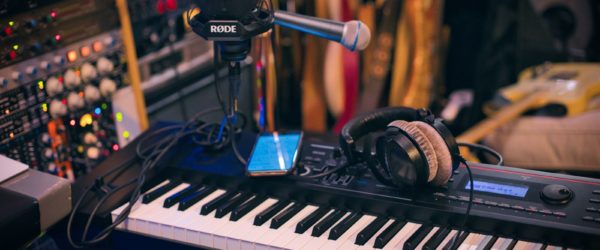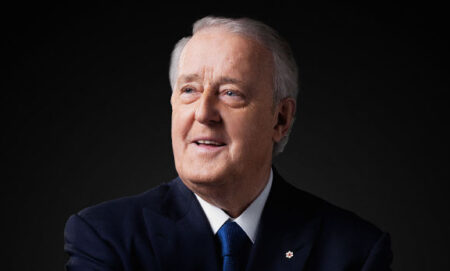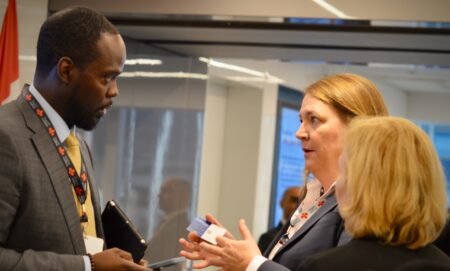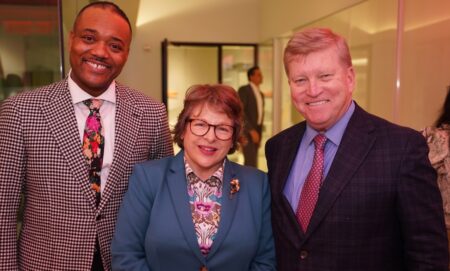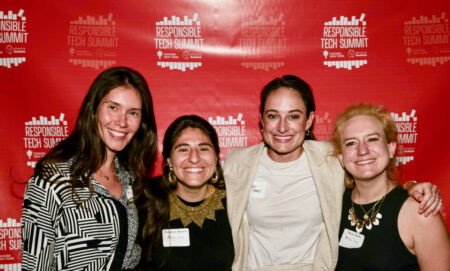Online gaming and television advertising present significant commercial opportunities for Canadian musicians. Gaming gives them access to a global, highly engaged audience with a relentless demand for new content. Television ads offer instant exposure and connection to the world’s best-known brands. But for artists to capitalize on these opportunities, the publishers who represent them need to understand the unique demands of each industry–and the priorities of the music supervisors who work to create a signature sound.
Bridging this information gap was the goal of Meet the Music Supervisors, a digital panel held on October 13 as part of a Canadian Creative Accelerator (CCA) organized by the Consulates General of Canada in New York and in Los Angeles and in partnership with Music Publishers Canada (MPC).
Canadian Creative Accelerators help improve the economic fortunes of Canadian cultural producers and strengthen the creative ties between Canadian and American cultural industries through access to industry insiders across music, film and TV.
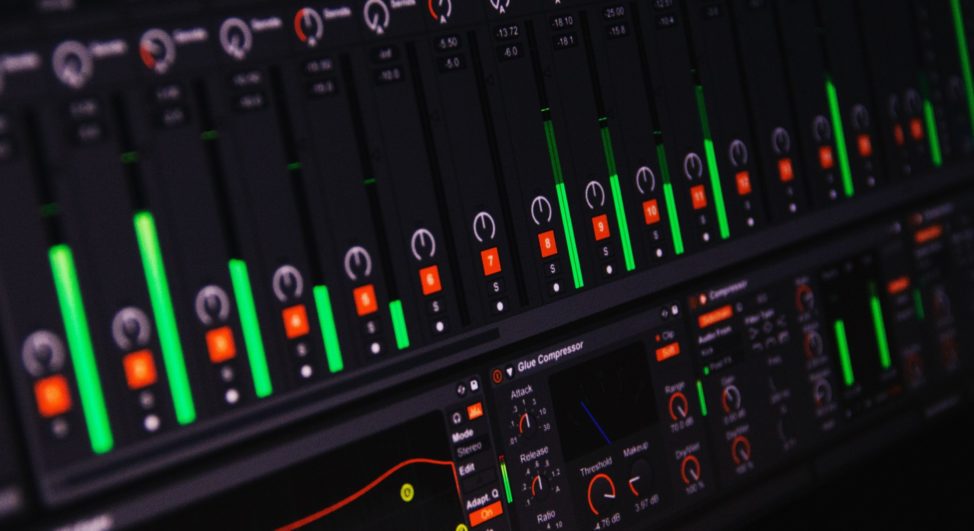
This event featured two online discussions with award-winning music supervisors from game publishers including Sony, Electronic Arts and Activision, and from creative agencies such as DDB, Carousel and dentsu mcgarrybowen. Below is a summary of the key points from each discussion.
Panelists
- Jonathan McHugh, Music Supervisor/Producer, Song Stew Entertainment (and panel moderator)
- Alex Hackford, Head of Music, Sony Playstation
- Joel C. High, President, Guild of Music Supervisors
- Brandon Young, Head of Music, Activision
- Cybele Pettus, Head Music Supervisor, Electronic Arts
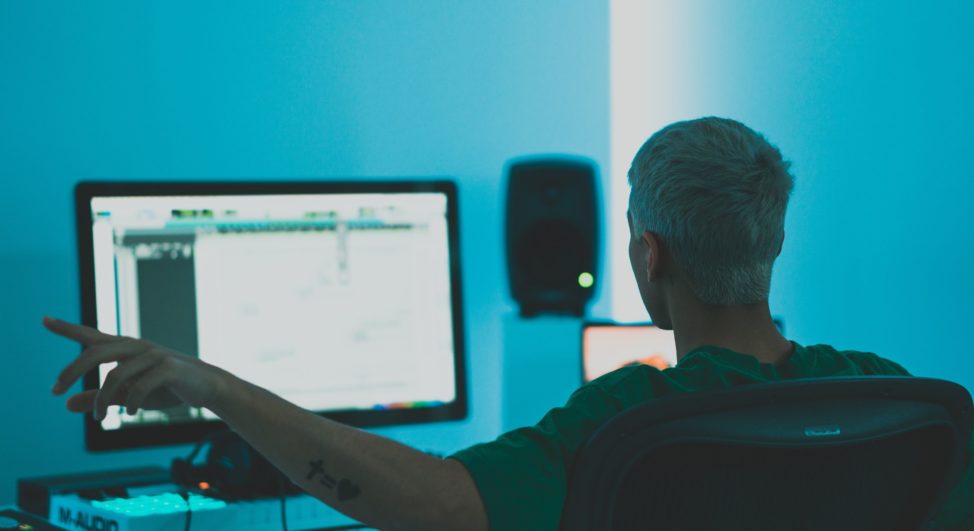
Online gaming presents enormous opportunities for Canadian musicians to be discovered.
Through music, graphics and sound, online games create immersive environments that engage a player for hours on end. “You’re experiencing the song in the context of a game. That’s really unique,” said one panelist.
You're experiencing the song in the context of a game.
That's really unique.
That focused attention is nearly impossible to replicate in other media. And unlike movies or TV, most games are never “finished”, but rather being continually expanded through new levels and versions. Each new addition needs new music, creating ongoing opportunities for musicians to be discovered.
Musicians can also benefit from having their work incorporated into trailers and previews that studios create to market a new game. Studios will also often license a song that hasn’t been used in a game previously but that’s already popular with its core demographic to attract new players. Smaller game publishers, too, can help musicians find new fans; in many cases, they also offer the possibility of working directly with development teams to help develop a game’s distinct sound. “It doesn’t matter where your music is from,” said one panelist. “If it works for our project, we’re in.”
It doesn't matter where your music is from. If it works for our project, we're in.
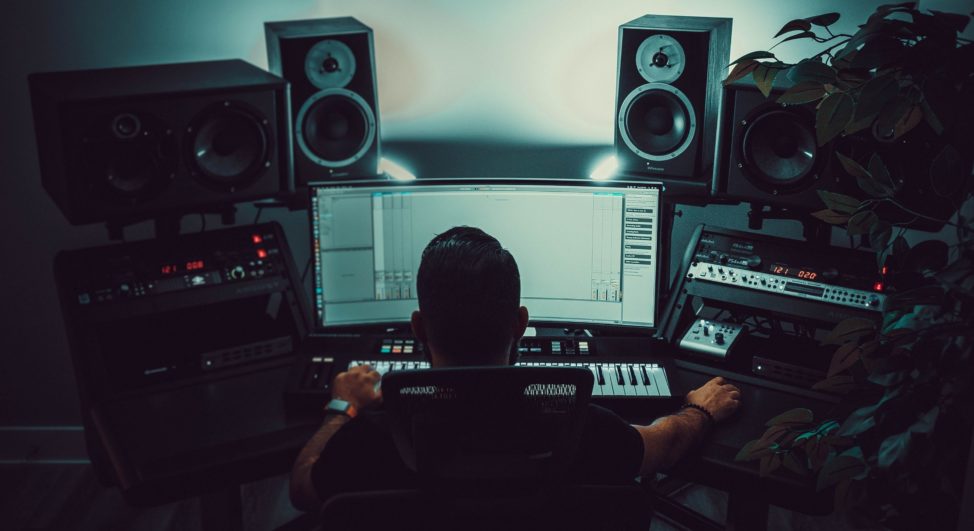
Music supervisors wield tremendous influence
Music supervisors connect game developers and music publishers, continually seeking out new sounds and artists who can craft the right music and secure the rights to use it. Though the title itself is relatively new, most music supervisors have amassed significant experience with the commercial and creative sides of the music business as artist and repertoire (A&R) managers, agents or promoters. In major game studios, a supervisor may be responsible for a portfolio of games and head up an in-house music department that’s responsible for shaping the signature sound of each one.
Composing for gaming is different from film and TV
Games are a highly symbiotic environment: hardware and software must work together to create a unique experience for the player. Music publishers need to ensure that their clients’ work is compatible with a game developer’s technology. In some cases, a developer may want to use a music cue to highlight a new haptic (feedback) that’s specific to their platform or controller. Also, gaming technology is constantly evolving. Composers must be able to deliver their work to meet the latest tech standards and specifications, often on short notice.
Also, gaming is not a linear experience, but instead one of rapid and continuous shifts in mood, tempo and storyline. Versatility is key: composers must be able to write for many different purposes and situations and may need to break down one signature piece into hundreds of derivative cues.
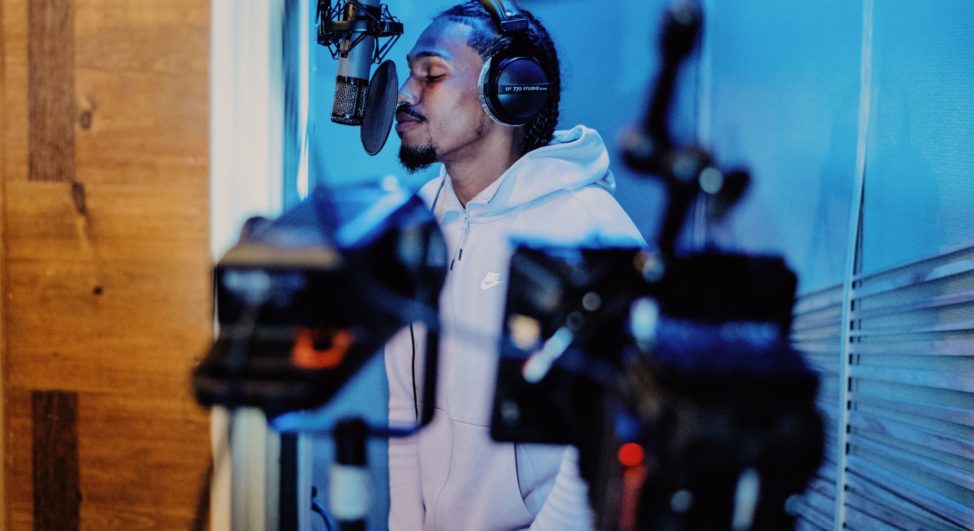
Practical takeaways for publishers
Know the game brand. Franchise games such as Electronic Arts’ NHL hockey and Madden football offer the biggest exposure, but may not be the right fit for the artists you represent. Music supervisors of franchise games will look for songs that support the game’s brand identity – NHL hockey leans toward classic and modern rock, while Madden will draw heavily from hip-hop and heavy metal. FIFA will incorporate musical elements and sounds from around the world, reflecting the global audience for the sport and the game.
Be patient. The development cycle for new game or major upgrade is three to four years. In these cases, music supervisors will engage with publishers and composer months or even years in advance of a major release.
Identity the game or publisher’s music supervisor. They’re the key person who can get your artists noticed. To do this, target specific games whose sounds most closely align with the artists you represent, and condense their sizzle reels to showcase that alignment.
Panelists
- Jonathan McHugh, Music Supervisor/Producer, Song Stew Entertainment (and panel moderator)
- Joanna Batemits, Executive Producer, Carousel
- Oren Daniels, Associate Music Producer, DDB Chicago
- Jon Mosher, Executive Music Producer, Doner Advertising
- Jennie Armon, Executive Producer and Music Supervisor, Found Objects Music Productions
- Steven Stallings, Senior Music Producer, dentsu mcgarrybowen
The opportunity in television is equally large
Advertisers continue to rely on music for its ability to create a mood or trigger powerful emotions that they wish to connect with their brand. “We’re looking for music that puts the consumer in a different mindset,” said one panelist. “We’re learning what millennials are listening to and translating that sonically,” said another.
We're looking for music that puts the consumer in a different mindset.
And unlike in previous years, established musicians who license their songs for a commercial aren’t seen by their peers as “selling out.” Many smaller or lesser-known artists have found their exposure amplified through consumers’ frequent use of the music discovery app Shazam. “You can come from anywhere as long as you have the passion for it and want to connect the dots,” said one panelist.
You can come from anywhere as long as you have the passion for it and want to connect the dots.
But the approval process is complex and unpredictable
As with online gaming, it’s up to music supervisors to find just the right piece of music. But unlike online gaming, the discovery process is more fluid and complex. In some cases, clients will have a specific song in mind; in others, they will ask supervisors to find music with a specific “feel”. Big-budget ad productions are heavily structured affairs with storyboards and schedules; ads with smaller budgets may come together in a matter of hours.
The approval process is also highly subjective and decision-making teams can vary. A song may need approval from several teams and can be rejected for any number of reasons. “There can be multiple inputs and all it takes is one ‘No’,” said one panelist. For a youth-oriented brand, approval may come down to the opinion of an Executive Creative Director’s kids.
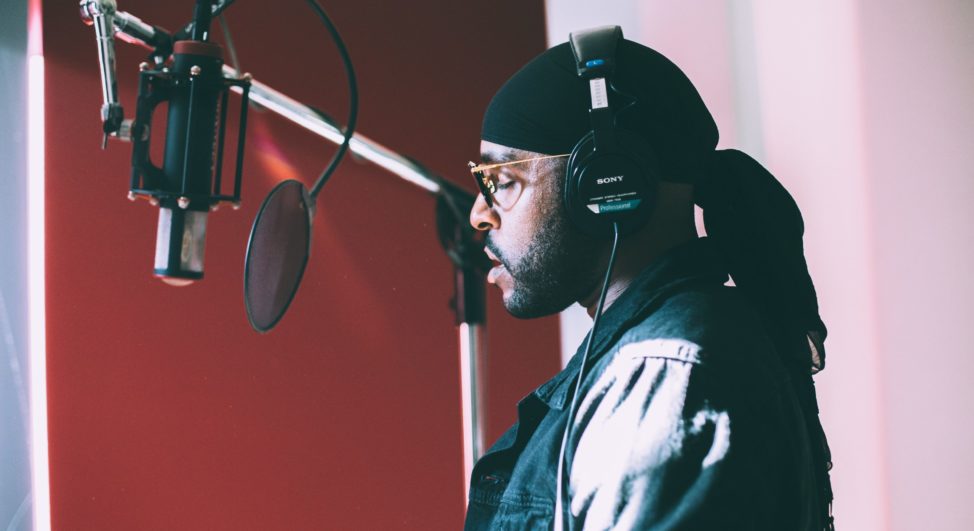
Practical considerations for publishers
Do your research. Educate yourself on the brands and advertisers that represent the best fit with your clients’ work.
Music Supervisors are your allies. TV ads prioritize newness. Supervisors are continually listening for new sounds that haven’t already been used or artists who haven’t yet been discovered. “We use our platform to introduce new artists-those who can’t get a record deal,” said one panelist.
Make it easy to do business with you. A Supervisor may like a song but only want to use the chorus or the drum and bass track; or they may want to remix it or even re-record it with different artists. Be open to licensing your artists’ work in different formats and have it ready to go via hyperlink and easy download.
Be ready to move quickly. Once a client does say “Yes” to a song, supervisors need to move quickly. Find the clearance teams at each agency ahead of time and secure pre-clearance for your artists or set a price in advance. Create a clearance contract template that you can have ready to go in an hour.
For more information on the Canadian Creative Accelerator, contact:
- Matthew McDonald, Cultural Affairs and Creative Industries (Music and Publishing)
- Saliou Babou, Consul and Head of Innovation

